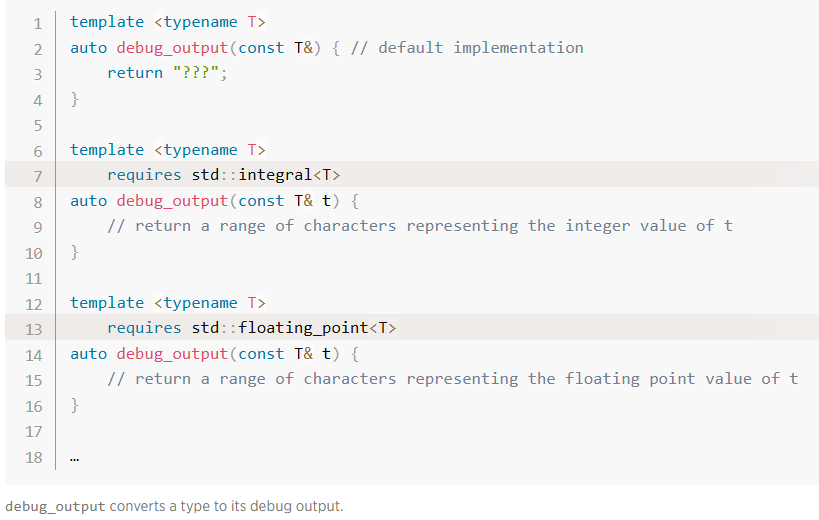C++ programmer's guide to undefined behavior: part 10 of 11
Your attention is invited to the tenth part of an e-book on undefined behavior. This is not a textbook, as it's intended for those who are already familiar with C++ programming. It's a kind of C++ programmer's guide to undefined behavior and to its most secret and exotic corners. The book was written by Dmitry Sviridkin and edited by Andrey Karpov.
C++ programmer's guide to undefined behavior: part 10 of 11
by Dmitry Sviridkin
From the article:
As you can see from the backtrace, the problematic object whose destructor caused the crash was a vector of strings in libgtest.so. In GTest sources, I found that this vector is a global variable where InitGoogleTest() stored recognized command line arguments. It's just a global variable declared in the compiled file and not presented in the header file. All seemed fine, except for one detail: it wasn't marked as static and was not wrapped in an anonymous namespace. So what? It worked, didn't it? Yeah, it worked. The trick was how the gMock library is built. Let's reproduce it step by step.

 In this blog post, we will explore handling dates using std::chrono, including time zones. We’ll utilize the latest features of the library to retrieve the current time across various time zones, taking into account daylight saving time changes as well. Additionally, we will incorporate new capabilities introduced in C++23, such as enhanced printing functions and more.
In this blog post, we will explore handling dates using std::chrono, including time zones. We’ll utilize the latest features of the library to retrieve the current time across various time zones, taking into account daylight saving time changes as well. Additionally, we will incorporate new capabilities introduced in C++23, such as enhanced printing functions and more. Recent versions of the C++ language (C++20 and C++23) may allow you to change drastically how you program in C++. I want to provide some fun examples.
Recent versions of the C++ language (C++20 and C++23) may allow you to change drastically how you program in C++. I want to provide some fun examples. Last week, I got the chance to go to Berlin and participate in the 10th edition of Meeting C++ which is as far as I know the biggest C++ conference in Europe. Considering both the online and onsite participants, there were about 500 of us, eager to learn more mostly but not only about C++.
Last week, I got the chance to go to Berlin and participate in the 10th edition of Meeting C++ which is as far as I know the biggest C++ conference in Europe. Considering both the online and onsite participants, there were about 500 of us, eager to learn more mostly but not only about C++. Programming at compile time has been possible in C++ for a long time. Wu Yongwei considers its past, present and future.
Programming at compile time has been possible in C++ for a long time. Wu Yongwei considers its past, present and future. Probably the two most useful features added to C++20 are
Probably the two most useful features added to C++20 are 